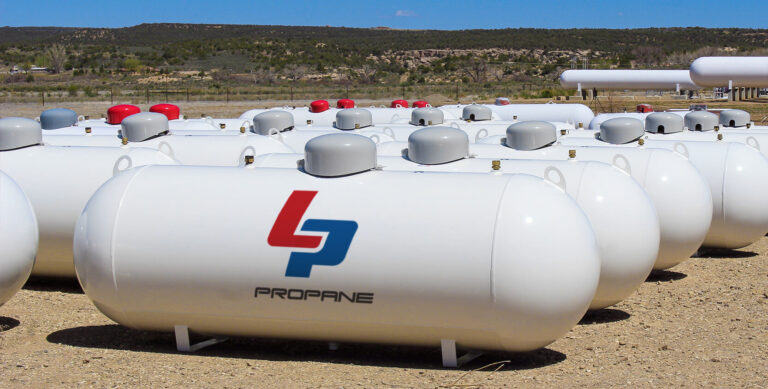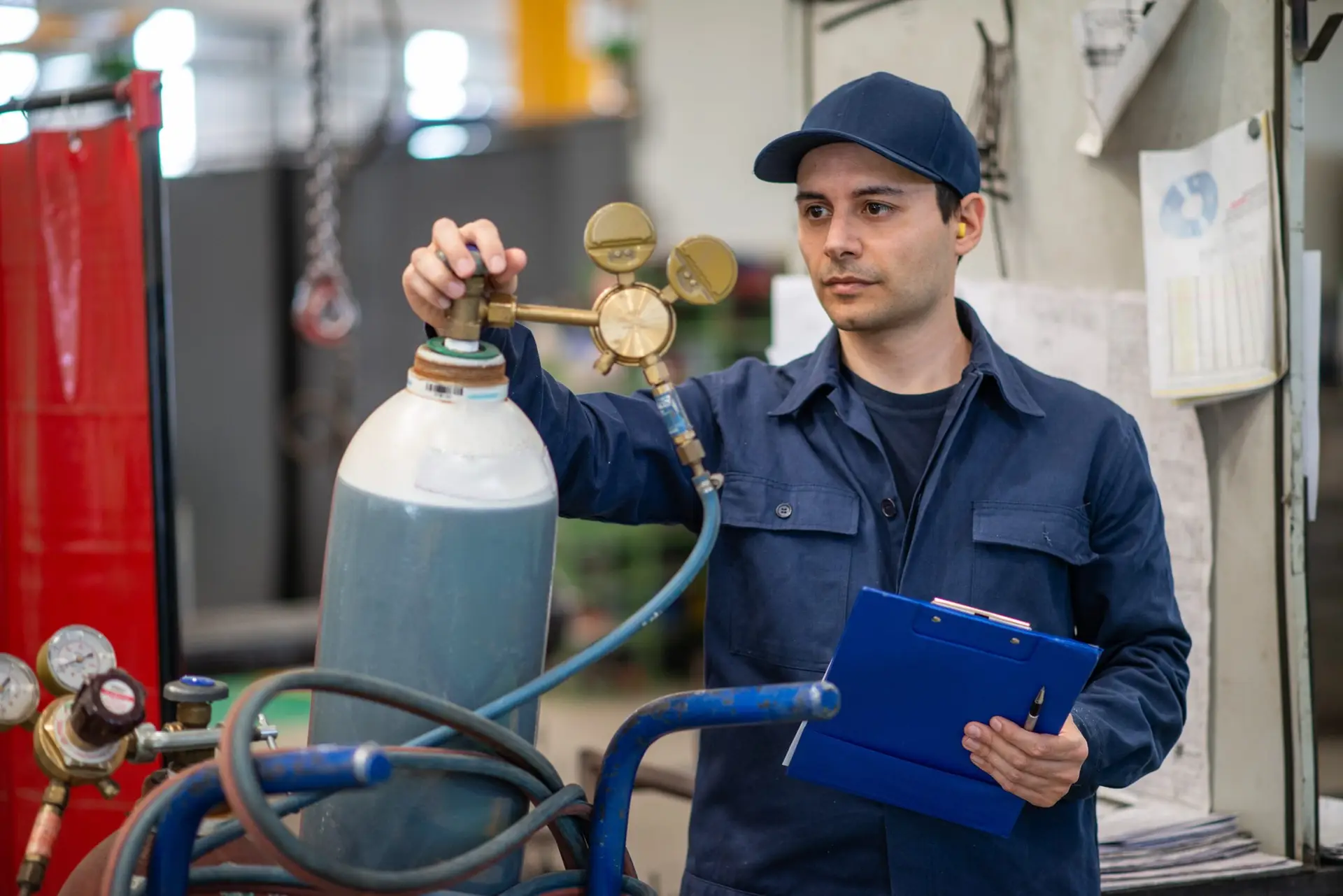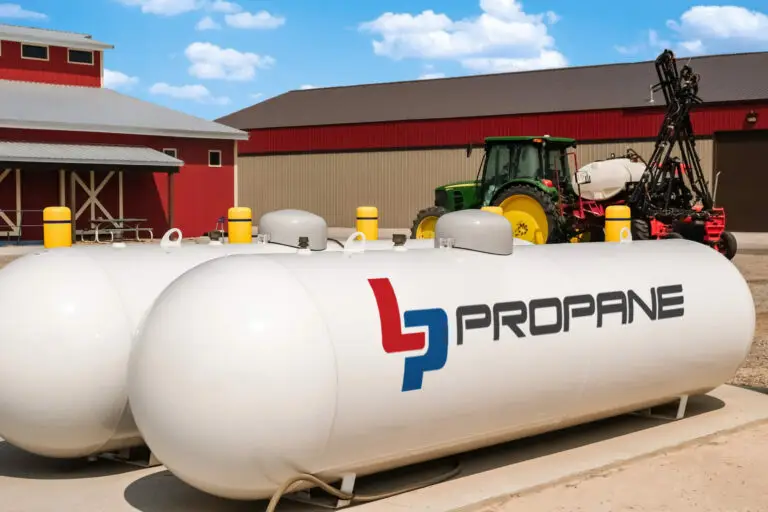
Why Liquid Propane is the Clean Energy Choice Today
As the world demands increasing amounts of clean, affordable, and dependable energy, liquid propane (LP propane) is among the most versatile solutions of today. Whereas others talk only of solar or wind, LP propane is already significantly impacting quietly energizing

